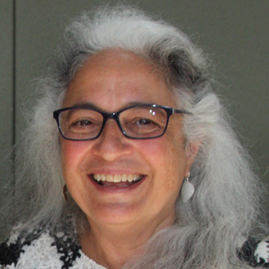As part of NSF’s ongoing efforts to innovate and migrate proposal preparation and submission capabilities from FastLane to Research.gov (see Important Notice No. 147), the Directorate for Biological Sciences (BIO) has announced that proposal submissions for our “no-deadline” programs will migrate to Research.gov beginning with revised solicitations to be released in the near future. This change was announced in a Dear Colleague Letter (NSF 20-129) released today and is the first phase of a migration of all NSF solicitations to Research.gov.
Specifically, the following programs will have new solicitations published in the coming weeks at which point investigators should begin submitting proposals through Research.gov. There will be a grace period of 90-days from the date on which the new solicitations are published during which proposals can still be submitted through FastLane. After the 90-day period, the new solicitations will no longer be available in FastLane and any new proposals must be submitted through Research.Gov (or Grants.Gov).
The programs whose solicitations will migrate from FastLane to Research.gov are:
- Division of Biological Infrastructure (DBI)
- Division of Environmental Biology (DEB)
- Division of Integrative Organismal Systems (IOS)
- Division of Molecular and Cellular Biosciences (MCB)
Research.gov improves the user experience while also reducing administrative burden. The system is also flexible enough to meet both users’ changing needs and emerging government requirements. A significant fraction of proposals is already being submitted through Research.gov and investigators report it to be intuitive to use. We do not anticipate that the change to Research.gov will have significant impacts on the submission process. This migration will not affect the merit review process in any way.
To support the community through this migration, technical support and FAQs and videos on proposal submission through Research.gov are available. In addition, we are offering a series of BIO-wide virtual office hours during which you can ask questions of BIO Program Officers.
The virtual office hours will occur on Monday, October 5 at 11 a.m. EDT; Tuesday October 6 at 10 a.m. EDT; Wednesday, October 7 at 1 p.m. EDT; and Thursday, October 8 at 3 p.m. EDT. Members of the community can register for these sessions via NSF.gov.
Finally, if you have any immediate questions please reach out to BIOnodeadline@nsf.gov, which is monitored by Program Officers from across BIO.
Sincerely,

Joanne S. Tornow, Ph.D.
Assistant Director






